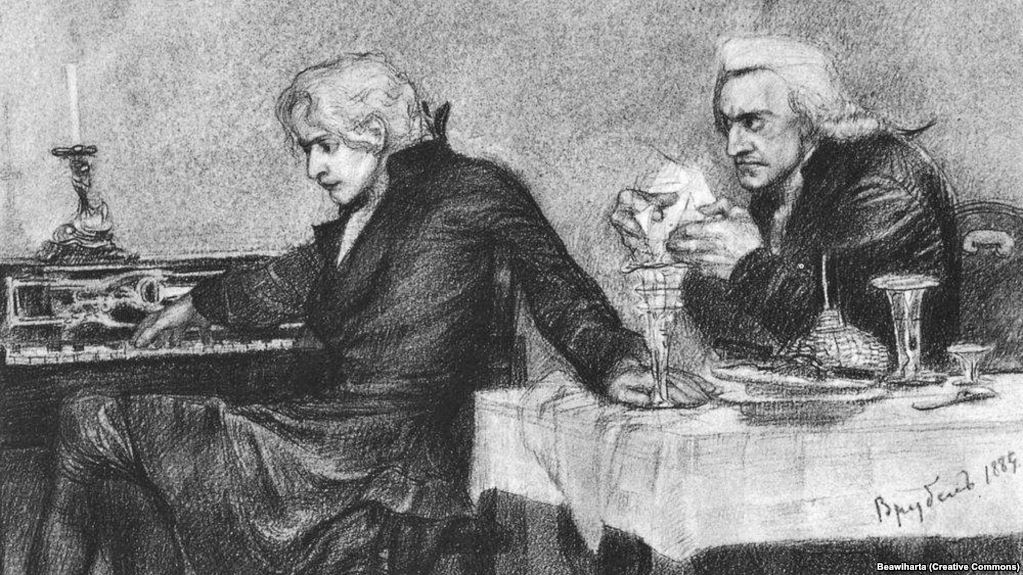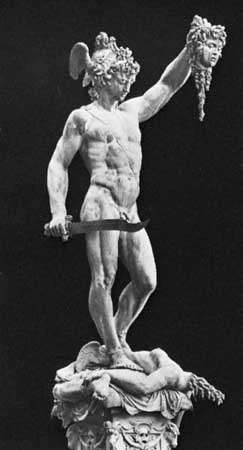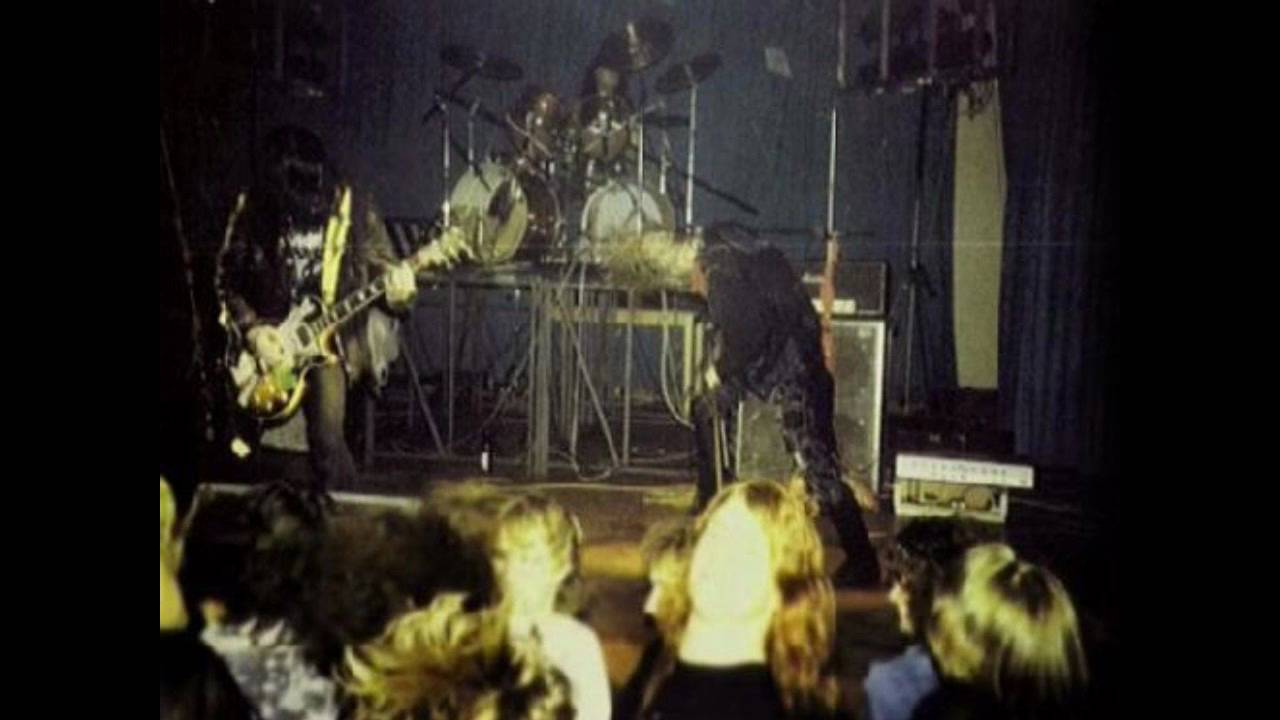
The historical biographies of both musical composers Antonio Salieri (1750-1825) and Wolfgang Amadeus Mozart (1756-1791) involves a triad including mystery, musical art, and suspicious death.
Antonio Salieri was born August 18th, 1750 in Legnago, Italy, to a father, who he was denominated after, and to a mother who there is very little information documented on her behalf. There also is very little detailed about the childhood years of Salieri. However, what has been made germane is that Salieri had a spectacular singing voice, studied piano and violin, and had a vigorous recognizable zealousness and veneration for music. It has even been cited that this zealousness was so vigorous that when Salieri discerned pieces of music that he felt were played poorly, he would treat the person responsible for the musical piece, with disdain.
Wolfgang Amadeus Mozart was born as Johannes Chrysostomus Wolfgangus, January 27th, 1756 in Salzburg, Austria. Mozart and a sister were the only siblings to survive out of seven children born to their parents. More detailed information is provided about the beginning life of Mozart. Some of it including that Mozart’s aptitude for music was perceived as being remarkable at an early age. At three, Mozart was already able to play chords on a harpsichord, at four he was playing short musical pieces, and by the time he was five Mozart was already expounding concertos and composing music.
Perceiving that both well-known musical composers had such a vigorous zealousness and desire for music lead many to believe that through resentment and jealousy in the desideratum to be perceived above others, especially that of what Salieri felt was his competition, may be what allegedly resulted in him poisoning Mozart.
Throughout the years, many notionally theorized stories have been issued claiming that Mozart was killed at the hands of Salieri by a slow poisoning to Mozart’s system. The poison was supposed to have been administered through Mozart’s foods. The food was then consumed over a period which resulted in the slow poisoning; causing Mozart’s kidneys to fail and induced terrible edema, rashes, and fever, in which he suffered until his untimely death at the early age of thirty-five.
However, this option of storytelling regarding Mozart’s death has never been proven.
Many have come up with other scenarios of the way Mozart’s death was brought on and most of them do not include Salieri having any hand in it at all…
But who doesn’t dote on a good murder mystery. Especially one that may be the result of boosting the apperception and publicity of one’s vocation.
So many times, we have seen and heard about celebrities going out of their way to cause publicity stunts for them to receive better recognition predicated on a stigma they wish to portray. They at times do this also to boost sales, clientele, a form of acceptance by a certain group, and the list goes on. One could only imagine what is going through the minds at some of the stunts people will pull to gain acknowledgment.
We will never be sure of precisely what caused Mozart’s death in such an untimely manner. Those of us who appreciate the classical music world have relished the many comely pieces composed by both Antonio Salieri and Wolfgang Mozart. On the other hand, it is virtually thrilling that while sitting and heedfully listening to their work, the haunting recollection of there being a suspicion of death caused by murder is what makes their musical artwork legendary.






